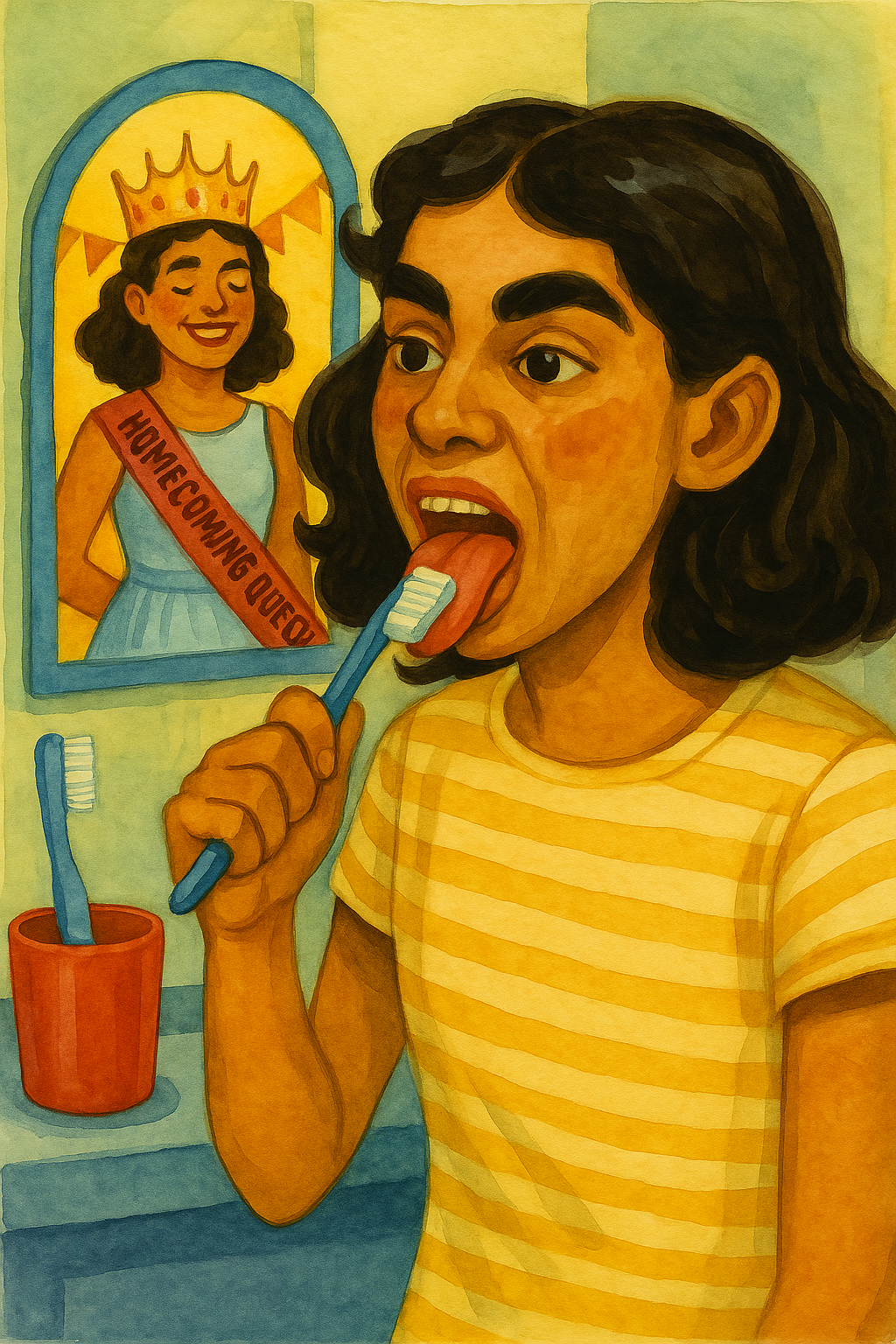Will my teeth shift if I don't wear my retainers?
/Yes, if you don't wear your retainers as directed by your orthodontist, your teeth are likely to shift. This can undo the progress you made with braces or other orthodontic treatments and can even lead to new problems.
Retainers are designed to hold your teeth in their new, corrected position after your braces have been removed. The pressure of your biting and chewing can cause your teeth to gradually move out of place over time. Wearing a retainer helps prevent this by applying gentle pressure to keep your teeth in place.
The amount of time you need to wear your retainer will depend on the severity of your teeth's misalignment, your age, and the type of orthodontic treatment you received. Some orthodontists may recommend that you wear your retainer 24/7 for the first several months after your braces are removed, then gradually reduce the amount of time you wear it as your teeth settle into their new position. Others may recommend that you wear it only at night.
If you stop wearing your retainer, your teeth may begin to shift back to their original position. This can be particularly problematic for people who had severe misalignment or bite problems, as their teeth may shift back into a position that is even more difficult to correct.
Not wearing your retainer can also lead to a relapse of other orthodontic problems, such as overcrowding, crossbite, and overbite. These problems can be uncomfortable and can lead to issues with biting and chewing. In severe cases, they may also lead to jaw pain and headaches.
If you're considering not wearing your retainer, it's important to discuss this with your orthodontist first. They can evaluate your specific case and help determine the best course of action.
In conclusion, wearing your retainer as directed by your orthodontist is critical to maintaining the progress you made with your orthodontic treatment. If you don't wear your retainer, your teeth may shift back into their original position, leading to new orthodontic problems and undoing the progress you made. It's always best to speak with your orthodontist to determine the best course of action for your specific case





